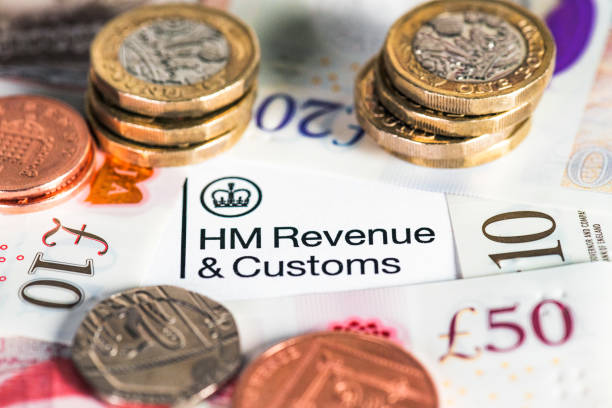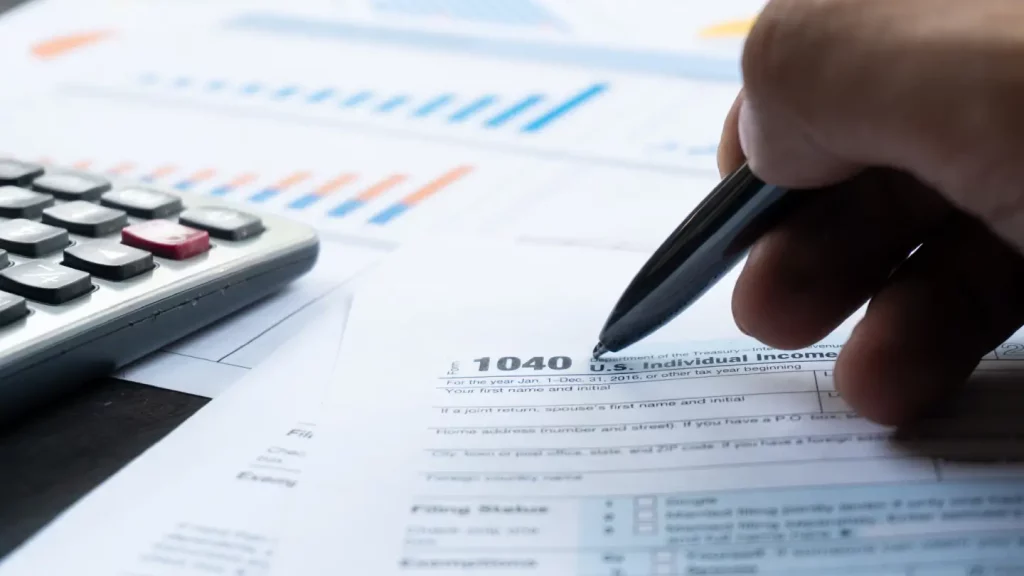Excise Tax Returns in UK
In the UK, excise tax returns are filed by businesses involved in the production, import, or sale of excisable goods such as alcohol, tobacco, and fuels. These returns detail the quantity of goods, applicable duties, and taxes owed, and must be submitted to HM Revenue & Customs (HMRC) on a regular basis. Non-compliance with excise tax regulations can result in penalties, making accurate and timely filing crucial for businesses in this sector.

Excise Tax Services in UK
Providing best excise tax services in such as excise tax registration, excise tax return filing and excise tax advisory. The UK has implemented an excise tax on certain goods, including tobacco products, energy drinks, and carbonated drinks. The tax is applied at a rate of 100% on the taxable value of these goods, which includes the cost of the goods, customs duties, and other charges incurred in bringing the goods to the UK.
The excise tax is intended to reduce the consumption of these goods, which are believed to have negative impacts on public health and the environment. The tax is administered by the Federal Tax Authority of the UK.
Excise tax services in the UK offer comprehensive assistance to businesses navigating the complexities of excise duties on goods like alcohol, tobacco, and fuels. These services typically involve compliance support, accurate record-keeping, and guidance on excise tax returns, ensuring businesses meet HM Revenue & Customs (HMRC) requirements while minimizing the risk of penalties. Engaging professional excise tax services can streamline processes and help businesses stay in compliance with the evolving regulatory landscape.

Best Excise Tax Services in UK
The best excise tax services in the UK often include firms with a proven track record, such as RSM UK or Deloitte, known for their expertise in tax compliance and advisory services. These top-tier providers offer tailored solutions, combining in-depth industry knowledge with advanced technology to ensure accurate excise tax reporting and minimize financial risks. Their comprehensive services cover everything from regulatory compliance to strategic advice, assisting businesses in optimizing their excise tax processes while staying abreast of ever-changing tax laws and regulations.
Frequently Asked Questions on Excise Tax Registration
Excise tax due dates vary based on the specific regulations for each type of excisable product in the UK. Generally, businesses are required to submit excise tax returns and make payments on a regular schedule, often monthly or quarterly, as determined by HM Revenue & Customs (HMRC). Timely compliance with these due dates is crucial to avoid penalties and maintain regulatory adherence.
To register for excise tax in the UK, businesses must complete the appropriate registration form available on the HM Revenue & Customs (HMRC) website. The process involves providing essential business details, such as contact information, tax responsibilities, and the types of excisable goods involved, to obtain the necessary approvals for engaging in excise-related activities.
Yes, businesses in the UK can apply for de-registration from excise duties if they no longer deal with excisable goods. The process involves notifying HM Revenue & Customs (HMRC) and submitting the necessary documentation to formalize the de-registration, relieving the business of its excise tax obligations.
Yes, there are specific thresholds for excise duty registration in the UK, and businesses dealing with excisable goods must register if their activities exceed these thresholds. The thresholds vary depending on the type of excisable product, and exceeding them triggers the obligation to register with HM Revenue & Customs (HMRC).
